|
BLOG
Korte and Associates
News
GET THE LEGAL ASSISTANCE YOU REQUIRE AT THIS MOMENT
|
3-Day Notices on Doors: A Potential Violation of Florida Statute 559.72

In the realm of tenant-landlord relations, the posting of a 3-day notice to a tenant’s door has been a common practice in Florida when landlords seek to initiate eviction proceedings. However, recent scrutiny of this practice has raised questions about its legality under Florida law, particularly in light of Florida Statute 559.72, which governs debt collection practices.
Florida Statute 559.72, often cited as the Florida Consumer Collection Practices Act (FCCPA), is designed to protect consumers from unfair and deceptive debt collection practices. It outlines specific requirements that debt collectors, including landlords seeking unpaid rent, must adhere to when attempting to collect a debt. Critics argue that posting a 3-day notice on a tenant’s door may violate this statute.
Section 559.72(9) of the FCCPA states that a “debt collector” must not communicate with a debtor in a way that violates their privacy. While the statute doesn’t explicitly mention 3-day notices, some legal experts argue that posting such notices on a tenant’s door without any form of confidentiality or discretion could be seen as a violation of this provision.
Attorney Jessica Ramirez, who specializes in tenant rights in Miami, explains, “The purpose of the FCCPA is to prevent abusive and harassing debt collection practices. Posting a notice on a tenant’s door for all to see might be seen as public shaming and an invasion of privacy, which could be interpreted as a violation of the law.”
Additionally, proponents of tenant rights argue that posting 3-day notices on doors can create undue stress and embarrassment for tenants, especially when neighbors and passersby can see the notice. This could have detrimental effects on a tenant’s mental well-being and reputation within the community.
Some legal experts also raise questions about the notice’s validity when it is posted on a door rather than delivered through a secure and private method, as required by the statute. The lack of proof of delivery and potential damage to the notice could pose legal challenges for landlords attempting to evict tenants.
However, it’s important to note that the interpretation of Florida Statute 559.72 in relation to 3-day notices posted on doors is still a matter of debate within the legal community. The statute does not explicitly mention this practice, and court decisions on the matter are limited.
In response to these concerns, tenant advocacy groups are calling for clearer guidance and potentially legislative amendments to address this issue. They argue that a clear and uniform method of delivering 3-day notices should be established to ensure compliance with the FCCPA and protect tenant rights.
As this debate unfolds, it underscores the importance of clarifying and modernizing Florida’s eviction and debt collection laws to align them with the evolving landscape of tenant-landlord relations. Clarity in the law can provide security and fairness for both landlords and tenants and promote equitable resolution of disputes.


